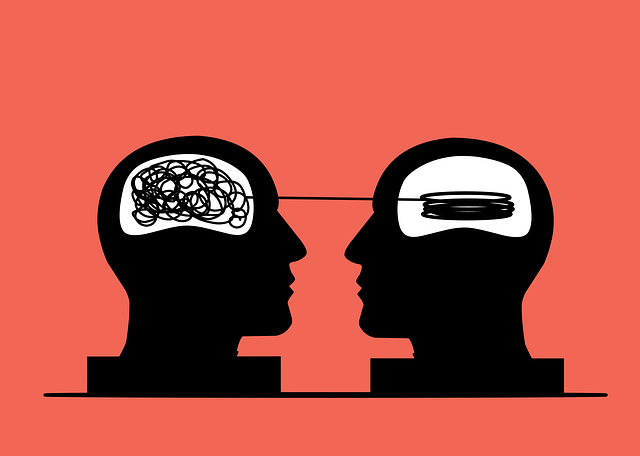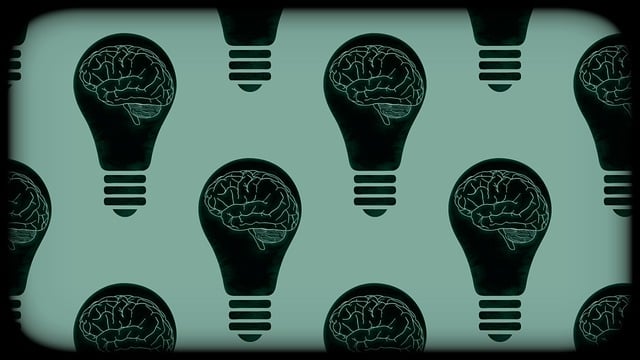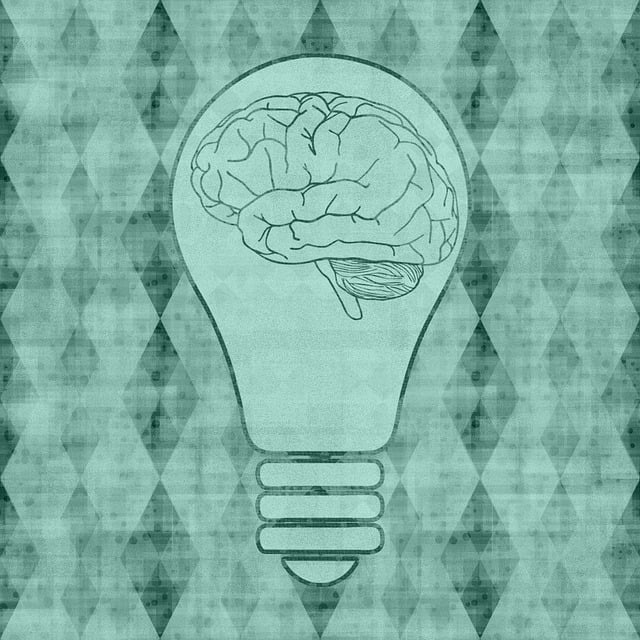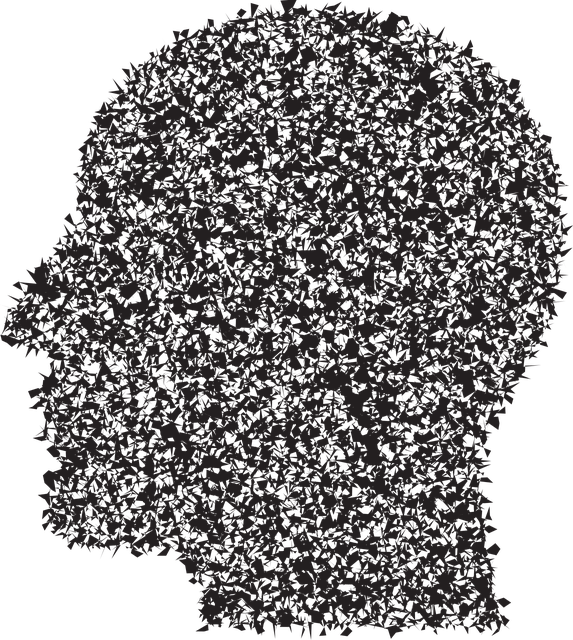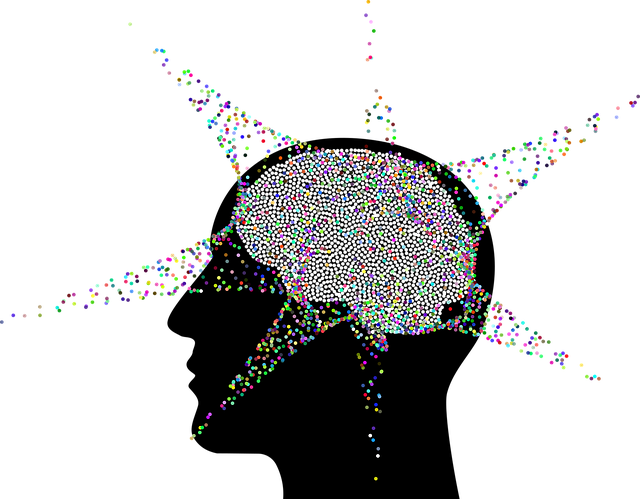Northglenn Anger Management Therapy prioritizes mental wellness program evaluation for continuous improvement and success. They utilize diverse methods including standardized questionnaires, structured interviews, and case studies to track client progress and tailor services. Key Performance Indicators (KPIs) like reduced anger incidents and improved satisfaction measure program outcomes. By integrating cultural competency training, self-care promotion, and stigma reduction, Northglenn Anger Management Therapy enhances therapy success, fosters mental health awareness, and improves community well-being.
Mental wellness programs are essential components of modern healthcare, and evaluating their effectiveness is crucial for improvement. This article explores robust evaluation methods, using Northglenn Anger Management Therapy as a case study. We delve into understanding the significance of program evaluation, provide an overview of the therapy’s approach, and discuss assessment techniques, key performance indicators (KPIs), and how feedback drives continuous improvement in mental wellness initiatives.
- Understanding the Importance of Program Evaluation
- Northglenn Anger Management Therapy: An Overview
- Methods for Assessing Mental Wellness Programs
- Key Performance Indicators (KPIs) in Evaluating Effectiveness
- Continuous Improvement: Using Feedback to Enhance Programs
Understanding the Importance of Program Evaluation

Evaluating mental wellness programs is an essential aspect of ensuring their effectiveness and impact on individuals’ lives. At Northglenn Anger Management Therapy, we understand that a well-structured evaluation process plays a pivotal role in enhancing the overall success of our therapy sessions. By implementing rigorous evaluation methods, we can gather valuable insights into what works best for our clients, allowing us to continuously improve and tailor our services.
This approach is particularly crucial in addressing mental health concerns, as it enables us to measure progress, identify areas of improvement, and adapt our strategies accordingly. Moreover, regular program evaluations foster Mental Health Awareness, encourage open communication, and provide a supportive environment for clients to engage in self-reflection, such as through Mental Wellness Journaling Exercises. Additionally, Healthcare Provider Cultural Competency Training can be integrated into these evaluations, ensuring that our therapists remain adept at catering to diverse client needs.
Northglenn Anger Management Therapy: An Overview

Northglenn Anger Management Therapy is a specialized program designed to help individuals cope with and manage anger effectively. This therapeutic approach is tailored to address the underlying causes of anger, offering participants practical strategies to navigate intense emotions and improve their overall mental wellness. By participating in structured sessions, clients learn to recognize triggers, develop healthy coping mechanisms, and enhance their emotional intelligence, leading to better relationships and a reduced risk of burnout.
The program incorporates various evidence-based techniques, including cognitive-behavioral therapy, mindfulness exercises, and crisis intervention guidance. Through these methods, Northglenn Anger Management Therapy facilitates emotional healing processes, empowering individuals to manage anger in a constructive manner. This proactive approach not only benefits the person struggling with anger but also those around them, fostering healthier interactions and a more peaceful environment.
Methods for Assessing Mental Wellness Programs

Evaluating mental wellness programs is a multifaceted process that requires a blend of qualitative and quantitative methods. One effective approach involves utilizing standardized questionnaires and surveys to assess participants’ psychological well-being before, during, and after the program. These tools can capture changes in symptoms, attitudes, and behaviors related to mental health, offering valuable insights into the program’s impact. For instance, Northglenn Anger Management Therapy might employ validated scales to measure aggression levels, mood disturbances, and coping strategies.
Additionally, structured interviews, focus groups, and case studies provide deeper understanding through firsthand accounts. Mental Health Policy Analysis and Advocacy plays a crucial role in interpreting these findings, ensuring the program aligns with evidence-based practices and societal needs. Moreover, Mental Wellness Podcast Series Production can be leveraged to disseminate evaluation results, fostering public awareness and advocacy for mental wellness initiatives.
Key Performance Indicators (KPIs) in Evaluating Effectiveness

Evaluating the effectiveness of mental wellness programs, such as Northglenn Anger Management Therapy, requires a structured approach and specific metrics to measure success. Key Performance Indicators (KPIs) serve as crucial benchmarks to assess progress and impact. These KPIs offer a data-driven perspective on program outcomes, enabling therapists and organizations to make informed decisions for continuous improvement.
One essential KPI is the reduction in anger-related incidents among participants. By implementing Northglenn Anger Management Therapy, professionals can aim to decrease aggression, violence, or disruptive behaviors over time. Additionally, measuring client satisfaction through feedback surveys and tracking referral sources (e.g., from schools, courts) provide insights into program reach and effectiveness. Moreover, organizations can monitor staff performance and well-being, including burnout prevention and stress management workshops, to ensure sustainable service delivery.
Continuous Improvement: Using Feedback to Enhance Programs

At Northglenn Anger Management Therapy, continuous improvement is at the heart of our program evaluation methods. We believe that gathering and acting on feedback from participants is key to enhancing the effectiveness of our mental wellness programs. By regularly assessing the impact of our interventions, we can tailor self-care routine development for better mental health and stress reduction methods. This iterative process allows us to address any challenges and ensure that our services meet the evolving needs of individuals seeking support.
In addition to focusing on Self-Care Routine Development for Better Mental Health and Stress Reduction Methods, we also prioritize Mental Illness Stigma Reduction Efforts. We recognize that feedback can be a powerful tool in combating the stigma associated with mental illness. By fostering open dialogue and actively incorporating participant insights, we create an inclusive environment that encourages vulnerability and promotes understanding. This not only strengthens our programs but also contributes to broader Mental Illness Stigma Reduction Efforts, making a positive impact on the overall well-being of our community.
Evaluating mental wellness programs, such as Northglenn Anger Management Therapy, is a crucial step in ensuring their effectiveness and positive impact. By employing various assessment methods, including Key Performance Indicators (KPIs), professionals can gain valuable insights into program success. Continuous improvement is achievable through active feedback integration, allowing for tailored adjustments to meet individual needs. This iterative process not only enhances existing programs but also contributes to the overall advancement of mental wellness support initiatives.
